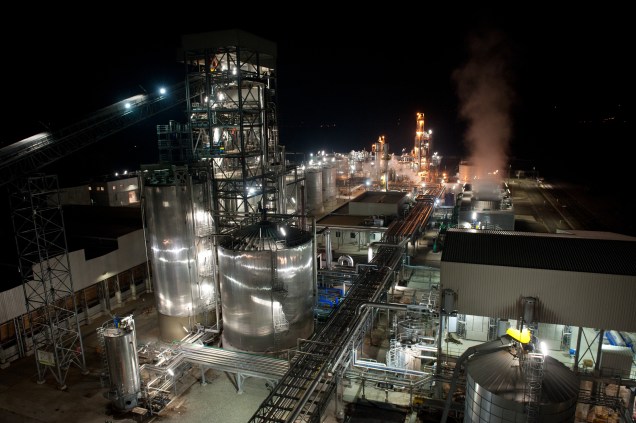
“This phrase by Robert Schuman, founder of Europe, has marked my political commitment from the start. “Europe will not be made all at once, or according to a single plan: it will be built through concrete achievements which first create a de facto solidarity.” It summarizes Schuman’s pragmatic and progressive approach to building European unity, starting with specific projects that could bring nations together and build a basis for cooperation and mutual trust. The analogy with the Bioeconomy is perfect.” To say this – in this exclusive interview with Il Bioeconomista – is Franck Leroy, the President of the Grand Est Region in France, one of the leading bioeconomy regions at European level. He talks about the role of the bioeconomy fur the future of the Region is governing, for France and for the European Union, inviting all our readers to vote for the next election of the EU Parliament (and we fully support his invitation). “It is therefore essential – he states – that public policies are consistent with each other, to foster innovation and the development of the Bioeconomy in our territories, in our countries, and in our continent. And I believe that the regional level is undoubtedly the most relevant level to intersect all these ambitions.”
Interview by Mario Bonaccorso


 A new demo plant in Örnsköldsvik will be the first in the world to produce a 2G platform for sustainable fuels, chemicals and materials, coined GOLDILOCKS®, from pulp and paper industry residues. The plant will be built by the Swedish chemical and clean tech company Sekab together with the Dutch oil company Vertoro.
A new demo plant in Örnsköldsvik will be the first in the world to produce a 2G platform for sustainable fuels, chemicals and materials, coined GOLDILOCKS®, from pulp and paper industry residues. The plant will be built by the Swedish chemical and clean tech company Sekab together with the Dutch oil company Vertoro.

 The U.S. bioeconomy moves forward (despite of Trump). The University of Arizona has received a five-year grant of up to $15 million from the U.S. Department of Agriculture’s National Institute of Food and Agriculture to lead a new center focusing on the mass production of biofuels and bioproducts in the Southwestern U.S.
The U.S. bioeconomy moves forward (despite of Trump). The University of Arizona has received a five-year grant of up to $15 million from the U.S. Department of Agriculture’s National Institute of Food and Agriculture to lead a new center focusing on the mass production of biofuels and bioproducts in the Southwestern U.S. Covestro, the leading supplier of high-tech polymers headquartered in Leverkusen, Germany, has scored a research breakthrough for the use of plant-based raw materials in plastics production: aniline, an important basic chemical, can now be derived from biomass. The German materials manufacturer achieved this by collaborating with partners on the development of a completely new process, initially in the laboratory. Until now, only fossil raw materials had been used for the production of aniline, which plays an important role in the chemical industry and is used as starting material for numerous products.
Covestro, the leading supplier of high-tech polymers headquartered in Leverkusen, Germany, has scored a research breakthrough for the use of plant-based raw materials in plastics production: aniline, an important basic chemical, can now be derived from biomass. The German materials manufacturer achieved this by collaborating with partners on the development of a completely new process, initially in the laboratory. Until now, only fossil raw materials had been used for the production of aniline, which plays an important role in the chemical industry and is used as starting material for numerous products.
